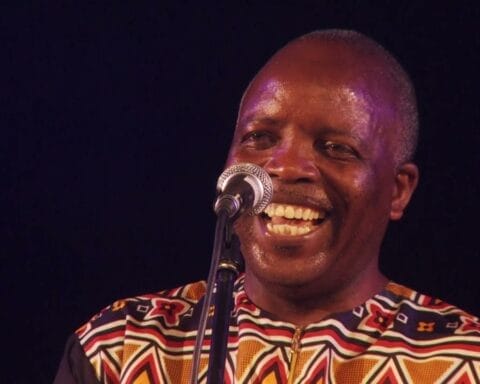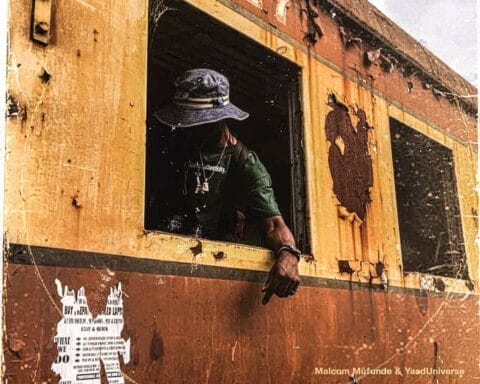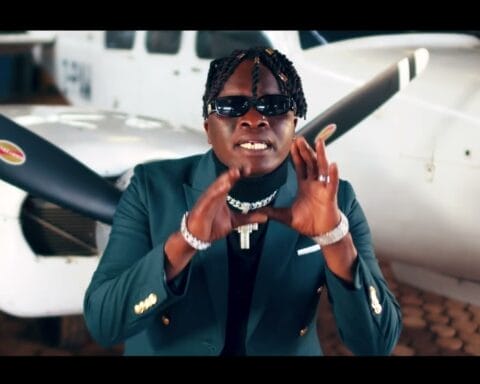Synopsis
“Bishop Muzorewa,” as WFB introduces him, “has been … the outstanding leader in Rhodesia, demanding political rights for the black majority. He eschewed violence, insisting on other forms of pressure. He pursued Christian principles.” But in Western establishment opinion he had fallen from grace by joining (with two other black leaders) in a Provisional Council with Prime Minister Ian Smith, to shepherd Rhodesia through what they hoped would be a peaceful transition. Revolutionaries led by Joshua Nkomo and Robert Mugabe were waging guerrilla warfare, “with the explicit goal,” as WFB puts it, “of frustrating the national plebiscite and creating an all-black Marxist-oriented state.” So why aren’t Americans rallying behind the moderates? Bishop Muzorewa gives us a richly detailed account of postwar African political history, including the terms on which, say, Tanganyika and Zambia got their independence, and how that affects their attitudes towards present-day Rhodesia: “Your State Department… I believe is acting … to appease certain powers in Africa … [who] have one person they have decided should be the king of Zimbabwe and they are trying to be kingmakers themselves. This started with Dr. Kaunda [President of Zambia], who is personally committed to Mr. Nkomo, and he has mobilized every front-line state, so called, to support him.”
Firing Line with William F. Buckley, Jr.
The Emmy Award–winning television program Firing Line with William F. Buckley Jr. ran for 34 seasons (1966–1999) and was the longest-running public-affairs show with a single host in television history. Host and conservative journalist William F. Buckley Jr. was interested first and foremost in respectful and lively debate, engaging in erudite discussions with statesmen, politicians, activists, economists, journalists, scholars, authors, religious figures, philosophers, poets, and actors whose opinions ranged across the political and ideological spectrum.








